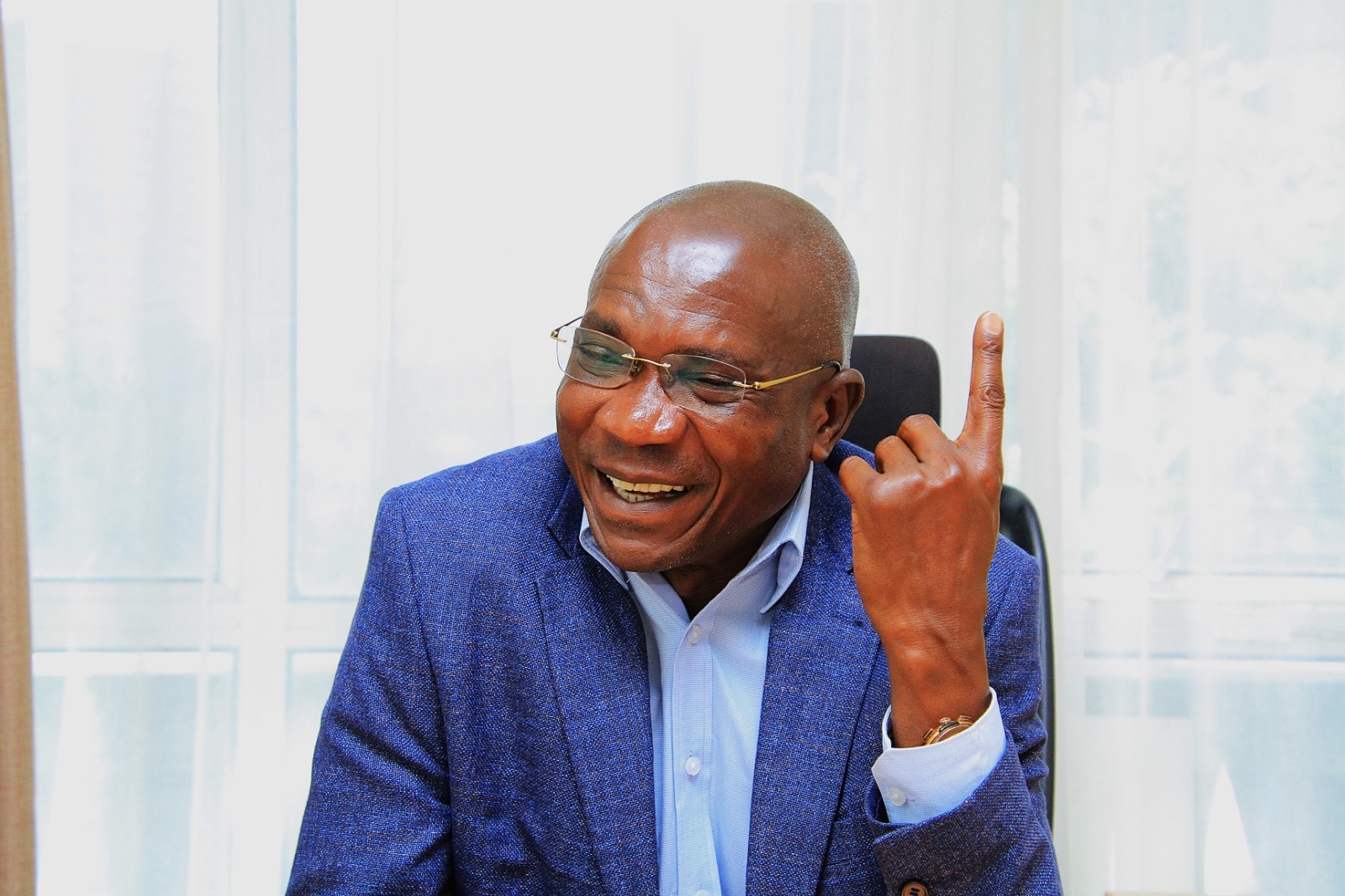Recently, the Woman Representative of Nairobi County, Hon Esther Passaris, had a key consultative meeting with parliamentarians to deliberate on her draft Harm Reduction Bill, 2024.
This is a critical turn for drug policy in Kenya. I have been at the forefront of the struggle for harm reduction strategies all these past years.
Therefore, I welcome this move with optimism that the necessary support to see the bill through Parliament will be mustered.
Harm reduction is a public health approach that seeks to reduce the negative consequences of drug use—not to get people to stop using drugs.
This includes realistic policies and actions that include needle exchange programmes, supervised consumption facilities, and access to treatment for addiction, among other things, to improve and protect public health.
Remarks appropriately put by Nacada Chief Executive Officer Anthony Omerikwa, in effect, Harm reduction involves measures taken in a bid to reduce the harmful effects of drug use on individual and community levels. This is not some theory; it has been shown to work in many countries.
There is a lot to be gained from harm reduction strategies in Kenya.
The country has gone through various drug use problems, including the continuous increase in HIV/AIDS cases among people who share needles and other equipment for drugs, surging death tolls due to overdose cases, and stigmatisation against people with addiction problems.
Through harm reduction, Kenya can deal comprehensively with these issues by offering safer and healthier options for those affected.
Harm reduction policies have worked in other countries, such as Ireland. In Ireland, harm reduction policies, including needle exchanges and opioid substitution therapies, have significantly reduced the rate of increase in HIV transmission rates and created a pathway to recovery for many caught in the grasp of addiction.
This has saved lives and has also enhanced the public health environment by reducing pressure on health care and law enforcement systems.
Equally, the Portuguese style of drug policy reform—that is, the decriminalizing model of possession and use of small amounts of drugs while investing in harm reduction and treatment programmes—has also become a global benchmark.
Since this measure was adopted by Portugal, there has been a huge drop in overdose deaths due to drugs, cases of HIV infection, and overall drug use.
This model rhetorically exemplifies the efficacy of harm reduction in making society not only safer but also offering help instead of condemnation where it is needed most.
The tabling of the Harm Reduction Bill, 2024, by Honourable Passaris is very good progress to this end in Kenya. This move is especially close to my heart, as I had championed this very platform years ago.
Those efforts were met with resistance in the face of widespread misunderstandings about what harm reduction is.
Many were concerned that this would promote drug use, failing to recognise that harm reduction is a very practical way of dealing with the risks associated with drug use, which are already very prevalent in our society.
The passing of this bill may usher in a new dispensation for drug policy in Kenya: one founded on compassion, scientific understanding, and deep commitment to public health. Such an important step might save lives, reduce harm, and give hope to those affected by drug use within our communities.
My humble hope, as the discussions in regard to the Harm Reduction Bill take the next steps, is that all parties concerned support this very important legislation.
We can do much to alleviate the problems associated with drugs in communities in every corner of Kenya through policies that are informed, compassionate, and progressive.
Issa Olwengo is a pre-accredited member of Addiction Counsellors Ireland & member to the International Society of Substance Use Professionals.
















